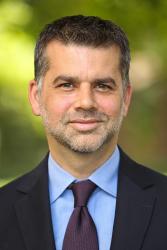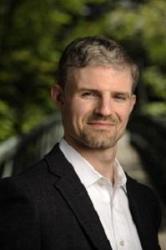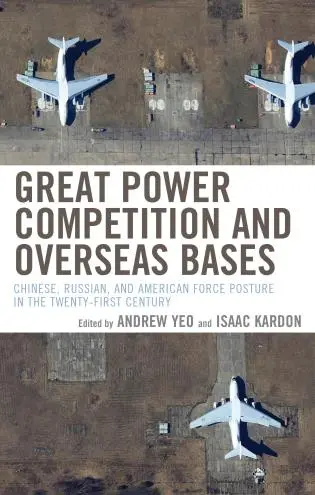2024
The upcoming summit between President Joe Biden and Russia President Vladimir Putin in Geneva is billed by both sides as an opportunity to take stock of the U.S.-Russia relationship and find ways to steer it toward some measure of stability. While the Biden administration is setting its expectations low and neither side anticipates substantive breakthroughs, the fact it is happening at all reflects Russia’s ongoing importance to U.S. foreign policy. And regardless of its deliverables, the summit also likely satisfies Putin’s ambition for Russia to be respected as a great power. But with its many internal challenges, how should Russia’s power be measured? And how should U.S. policymakers assess, and respond to, Russia’s influence over the international order?
On June 15, the Foreign Policy program at Brookings hosted an event exploring these issues and their implications for U.S. policymakers. The event was centered around a new book by Kathryn E. Stoner, “Russia Resurrected: Its Power and Purpose in a New Global Order,” which provides a sweeping assessment of the sources of Russia’s power, and how it has been able to shape the post-Cold War international order despite numerous domestic challenges.
Viewers submitted questions via email to [email protected] or on Twitter using #RussiaResurrected.




